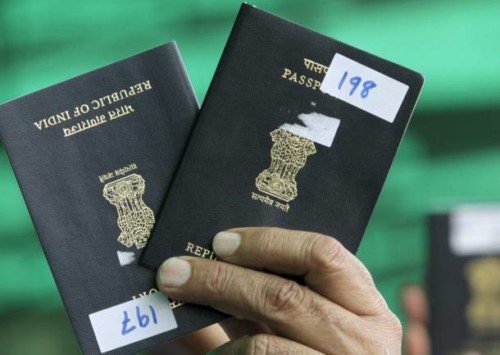New rules for investment and taxes for NRIs
In a move to curb the exploitation of the residency rules to avoid paying taxes, the government has redefined the qualifications which categorises a person as a non-resident Indian (NRI) and target those who enjoy the stateless status through short stays in different countries. Along with the step to increase tax revenue, the merge of the existing NRI route of investment with the FPI system will also increase NRI participation in the Indian market.
In order to increase foreign capital inflow and the involvement of the Indian diaspora in the Indian stock market, the Securities and Exchange Board of India (SEBI) has tweaked the rules to enhance the foreign portfolio investment limits in listed companies. This will create a new category of investors and the NRIs will also have greater ease in conducting trade in Indian markets as they will be able to invest through custodian banks.
The investment schemes for NRIs prevalent till now were through portfolio investment scheme (PIS) route, regulated by Reserve Bank of India (RBI). Another change that this FPI will bring is the investment limit in listed companies as NRIs are currently allowed to invest only five percent. But with merging of NRI route with FPIs they will be able to invest up to the maximum FPI limit of the concerned company.
In the last budget for fiscal 2021, finance minister has proposed to raise the limit of foreign investment in corporate debt from the current 9 pc to 15 pc. SEBI has also planned to forgo the licensing fees (USD 2,000-5,000) required to be paid by the NRIs as registration for FPIs.
Alongside the FPI, the PIS route will continue to exist for NRIs to make non-market investments which include fixed deposits and recurring deposits. According to a RBI official data, NRE accounts held deposits of more than USD 90 billion at the end of December 2019.
Taxation of NRIs
Not every move in the budget was positive for NRIs. Targetting to enhance tax revenues, the government has also proposed to reduce the period of stay in India to 120 days from 182 days earlier for persons of Indian origin (PIOs) to be categorised as non-resident Indians. An NRI who isn’t taxed in another foreign country will become taxable in India. This move was also presented as curbing tax avoidance by individuals. “Some people are residents of no country. They may be staying in different countries for certain number of days. So, if any Indian citizen is not a resident of any country in the world, he’ll be deemed to be a resident of India and his worldwide income will be taxed,” Revenue secretary Ajay Bhushan Pandey said.
This announcement created a lot of confusion which the government then clarified that the NRI will be taxed only on their income derived from business or profession in India. Also this new rule doesn’t apply to “Indian citizens who are bonafide workers in other countries” which includes workers in the Gulf countries where there is no income tax. The rule becomes effective April 1, 2020, after the passage of budget.













